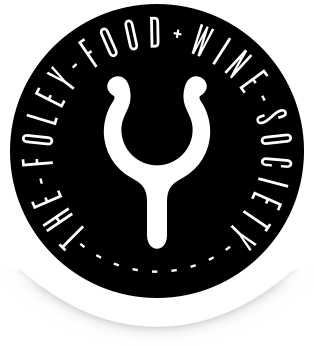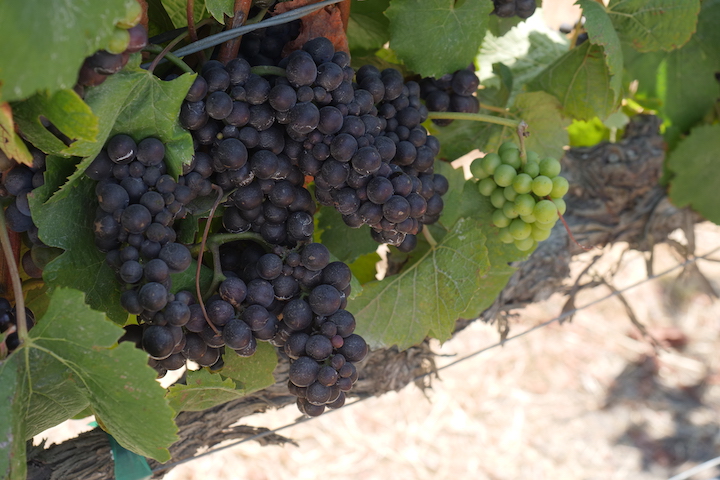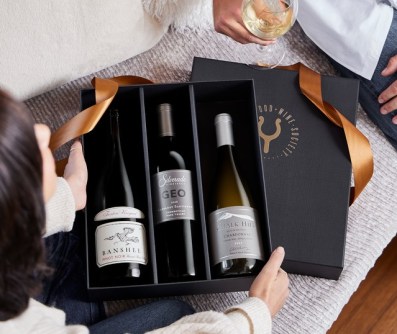Winemaking is a complex and fascinating process, combining both art and science to turn fruit into palatable wines across varietals.
You have probably seen some wine terminology thrown around here and there – but do you know what they mean? We asked Andy Slusarenko, Assistant Winemaker at Three Rivers Winery in Walla Walla, WA, what terms he thought that any wine drinker should familiarize themselves with. Here were his picks:
Sur Lie | French for “on the lees,” sur lie is an aging process where the finished wine continues to sit on the dead yeast cells after fermentation. “Stirring the barrel by hand brings the cells back in contact with wine adding a creamy mouth filling characteristic,” explains Slusarenko.
Balance | Similar to it’s broader meaning, the word “balance” in the winemaking industry refers to having all of the wine’s elements harmonious, with no single element dominating or empowering the others. Factors that are considered include acids, sugar, tannin, and alcohol come together.
Malolactic fermentation (secondary fermentation) | This natural process is where the tart malic acid is converted to a smoother, textured lactic acid. As total acidity is reduced, the wines become softer, rounder and more complex; they’re commonly referred to as “buttery” or “creamy.”
Tannins | Mostly prominent in red varietals, tannins are phenolic compounds in wines that leave a bitter, dry, puckery feeling in the mouth. They are an important component of a wine’s structure and texture and act as a natural preservative that helps the wine age and develop.
Cold stabilization | A clarification process in which the wine is chilled to near freezing temps for several weeks to encourage the precipitation of tartrate crystals. “When these crystals are found in bottles, it’s because this process has not been completed or perhaps the wine buyer is not storing the wine properly,” says Slusarenko. “Storing a red wine in the refrigerator for some time is one example of how this could happen.”




